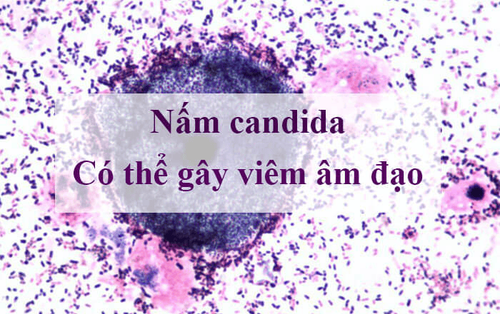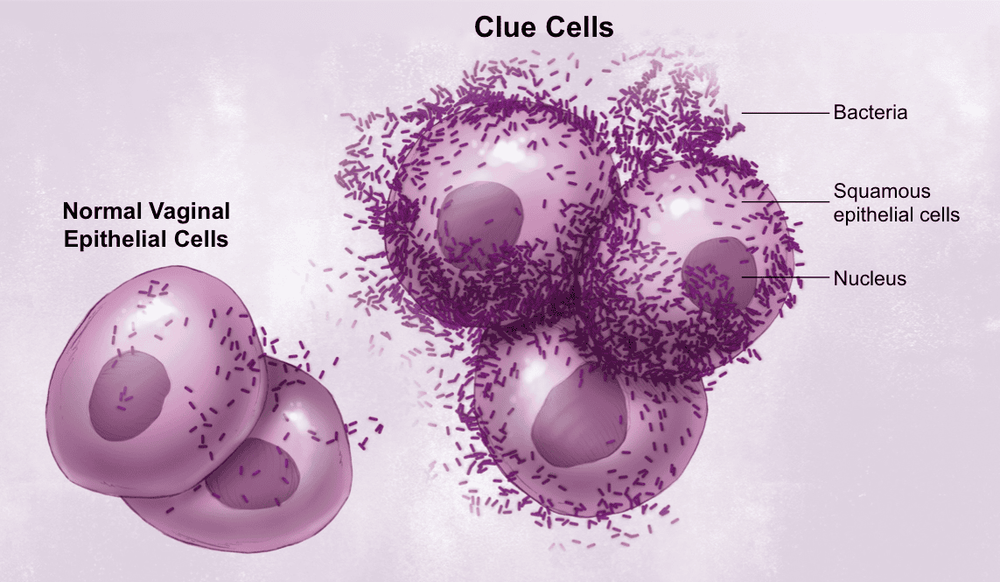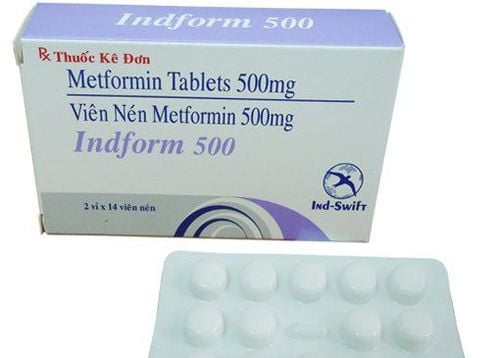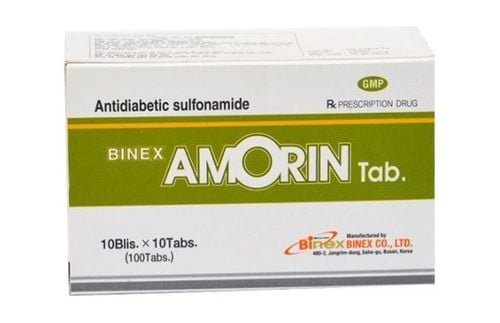This is an automatically translated article.
This article was professionally consulted with Specialist Doctor I Truong Nghia Binh - Obstetrician - Gynecology Department - Vinmec Danang International General Hospital.Pregnant women are prone to vaginitis due to hormonal imbalance in the body. Besides, bacteria, yeast, improper personal hygiene are also the causes of gynecological inflammation.
1. Causes of vaginitis during pregnancy
The main causes of gynecological inflammation in pregnant women are:1.1 Candida vaginitis
The vagina is home to the fungus Candida. They are completely harmless if the pH in the vaginal environment is at a balanced level. However, during pregnancy, the sudden increase and decrease of hormones in the pregnant woman's body changes the pH of the vaginal area, creating favorable conditions for Candida to grow and cause disease. The prevalence of vaginal yeast infections in women is about 10-75%. Patients often present with itching, pain, burning, irritation of the vulva and sometimes difficulty urinating.The treatment of vaginitis during pregnancy caused by Candida yeast infection is easy, but the disease is easy to recur many times. Therefore, pregnant women are advised to abstain and treat the disease completely before giving birth to avoid infecting the baby. In case the mother still has the disease, when giving birth through the vagina, the Candida fungus can stick to the lining of the baby's mouth, causing black mouth or fungal dermatitis. More dangerous, the baby is malnourished in the womb or born prematurely, the resistance is weak, there may be pneumonia, ... due to Candida fungus.

1.2 Vaginitis caused by gonococcal bacteria
Gonorrhea is a very dangerous cause of gynecological inflammation, especially for pregnant women. If the incubation period is long, the mother will have symptoms such as harsh urination, cloudy urine, accompanied by pus, a lot of white blood with a strong odor and pain in the lower abdomen. Vaginitis during pregnancy due to gonococcal infection, if not completely treated, will adversely affect the fetus: increase the risk of premature birth, cause amniotic membranes, rupture of membranes, fetal malnutrition, so the baby will be born lightly. weight,... Besides, gonorrhea is also easy to infect the baby during normal birth. Gonorrhea bacteria from genital secretions can enter the baby's eyes, causing congestion, yellow pus, vision loss and even blindness.Trắc nghiệm: Bạn có hiểu đúng về dấu hiệu mang thai sớm?
Các dấu hiệu mang thai sớm không phải chỉ mỗi trễ kinh mà còn có rất nhiều dấu hiệu khác như xuất huyết âm đạo, ngực căng tức,… Điểm xem bạn biết được bao nhiêu dấu hiệu mang thai sớm thông qua bài trắc nghiệm này nhé!
1.3 Bacterial Vaginosis
Bacterial Vaginosis occurs when the bacteria that naturally live in the vagina overgrow during pregnancy due to hormonal changes. Infected people will have symptoms such as: vaginal discharge turns gray, has a fishy odor. The disease can lead to many dangerous pregnancy complications such as premature rupture of membranes, infection of the amniotic fluid, increased risk of miscarriage when the fetus is large, increased risk of premature birth, low birth weight, and inflammation of the mother. postpartum uterine membrane,...
2. How to treat vaginitis during pregnancy
Symptoms of vaginitis during pregnancy are often not obvious, so many pregnant women are confused with the normal manifestations of pregnancy. Therefore, for the best results, pregnant women should have regular antenatal check-ups, if there are signs of vaginitis, the doctor will prescribe appropriate treatment methods.Usually, doctors will give patients topical medications or gynecological suppositories to relieve the symptoms of the disease. Topical imidazoles are the first choice for pregnant women. The duration of treatment is 7-14 days. The doctor will assign and guide pregnant women to use Miconazole and Clotrimazol accordingly:

Principles of effective prevention and support when treating vaginitis during pregnancy:
Should clean the private area properly, do not douche too deep inside the vagina. You should choose underwear made of breathable materials with good absorbency. Avoid using cleaning solutions, soaps with strong detergent activity. Limit eating a lot of sugar, sweets, ... because they increase the amount of secretion in the vagina. Eat a lot of yogurt because this type of food is effective in preventing gynecological inflammation. When you have gynecological inflammation, you should avoid sexual relations. If detected and treated promptly, vaginitis during pregnancy will not affect the health of mother and baby. Therefore, if there are symptoms of pain, itching, ... vaginal area, suspected gynecological infection, women should go to the doctor for timely diagnosis and treatment.
Please dial HOTLINE for more information or register for an appointment HERE. Download MyVinmec app to make appointments faster and to manage your bookings easily.














